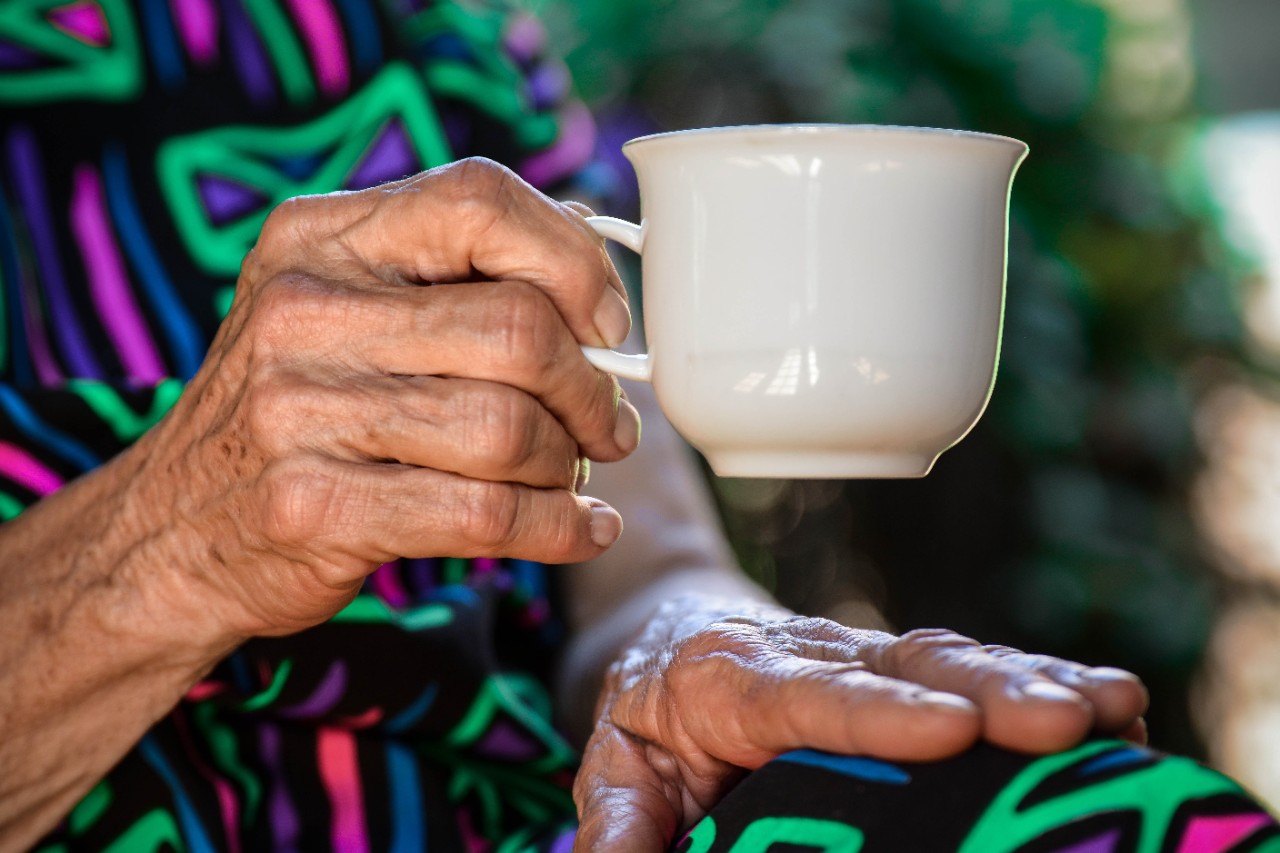
Markets Insider: Future of intelligent assisted living
UC engineers use AI to help caregivers respond quickly to falls
Markets Insider highlighted research by the University of CIncinnati to develop better sensor detection of falls among the elderly so caregivers can respond more quickly.

Nirmalya Thakur
Falls are one of the leading causes of injury. More than 2.8 million older Americans are treated each year in emergency rooms for injuries sustained in a fall. More than 30,000 people 65 or older die in falls each year, according to the Centers for Disease Control and Prevention.
Medicare spent an estimated $52 billion last year covering injuries sustained in falls.
UC College of Engineering and Applied Science associate professor emeritus Chia Han and UC researcher Nirmalya Thakur developed a more reliable machine learning method to detect falls. The system can be used to alert caregivers to a fall so they can respond immediately.
Their approach identified a fall with more than 99% accuracy using two datasets.
The study was published in the Journal of Sensor and Actuator Networks.
Thakur said UC's fall-detection system can be integrated into wearable sensors or smart homes and assisted living centers that increasingly use technology to keep residents safe.
Featured image at top: UC's College of Engineering and Applied Science came up with a more reliable system for detecting when someone falls. Photo/Claudia van Zyl/Unsplash
Related Stories
Mural by UC grad honors U.S. military history
July 17, 2024
Local 12 highlighted a new mural by University of Cincinnati graduate and artist Brandon Hawkins that pays tribute to U.S. military history.
Social media fuels extreme political rhetoric
July 17, 2024
UC College of Arts and Sciences Professor Jeffrey Blevins tells Local 12 that online algorithms fuel political polarization on social media.
Camp aims to empower children, teens who stutter
July 17, 2024
A one-week, evidence-based program for children and teens who stutter at the University of Cincinnati will teach kids to communicate effectively, advocate for themselves and develop confidence about their communication abilities. Camp Dream. Speak. Live., which is coming to Cincinnati for the first time July 22-26, began in 2014 at the University of Texas at Austin. The Arthur M. Blank Center for Stuttering Education and Research at UT expects to serve more than 2,000 children at camps across the United States, Africa, Asia and Europe this year.
